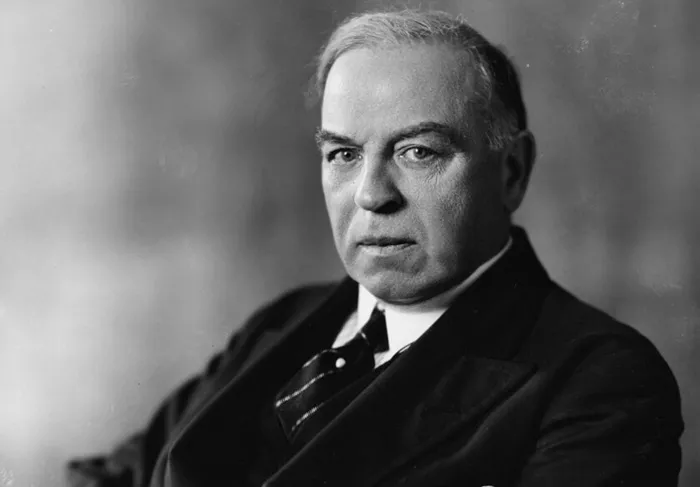December 29 is a date marked by significant events in Canadian history, reflecting the political, social, and cultural evolution of the nation. This article explores notable occurrences on this date, providing a detailed overview of each event’s context and implications.
What Happened on December 29 in Canadian History?
William Lyon Mackenzie King’s First Term as Prime Minister (1921)
On December 29, 1921, William Lyon Mackenzie King began his first term as the Prime Minister of Canada. This event marked a pivotal moment in Canadian politics and history. King was a member of the Liberal Party and had previously served as Prime Minister briefly in 1921 before losing the election later that same year. His return to power was significant for several reasons.Political Context: The early 1920s were a time of political instability in Canada. The aftermath of World War I had left the country grappling with economic challenges, including inflation and unemployment. The previous Conservative government under Arthur Meighen struggled to address these issues effectively, leading to widespread discontent among voters.King’s Leadership: Mackenzie King was known for his pragmatic approach to governance. He focused on issues such as social welfare and economic recovery. His leadership style emphasized consultation and compromise, which helped him navigate the complex political landscape of the time. Under his guidance, the Liberal Party sought to unite various factions within Canadian society.Impact on Canada: King’s government introduced several important reforms during his tenure. These included initiatives aimed at improving labor rights and expanding social services. His administration also laid the groundwork for Canada’s future as a more socially progressive nation. King’s ability to connect with Canadians from diverse backgrounds helped solidify his position as one of Canada’s most influential leaders.
The Birth of Jacques Cartier (1491)
Although not directly on December 29, it is worth mentioning Jacques Cartier’s birth around this time, as it is often celebrated in historical retrospectives. Cartier was born in Saint-Malo, France, in 1491 and became one of the first European explorers to navigate the St. Lawrence River and claim parts of Canada for France.Exploration Significance: Cartier’s voyages in the early 16th century were instrumental in establishing French claims to North America. His expeditions provided valuable information about the geography and indigenous peoples of Canada. He is often credited with laying the foundation for future French settlements in Canada.Cultural Impact: Cartier’s interactions with Indigenous peoples were complex and varied. While he established trade relationships with some tribes, his arrival also marked the beginning of significant changes for these communities. The consequences of European colonization would have lasting effects on Indigenous cultures and societies across Canada.
The Formation of the Roman Catholic Diocese of Kingston (1889)
On December 29, 1889, the Roman Catholic Diocese of Kingston was elevated to a Metropolitan Archdiocese. This event highlighted the growth of Catholicism in Canada and its influence on Canadian society.Religious Context: The late 19th century saw an increase in immigration to Canada from predominantly Catholic countries such as Ireland and France. This demographic shift contributed to the expansion of Catholic institutions across the country.Archdiocese Significance: Elevating Kingston to an archdiocese status reflected the importance of Catholic leadership within Ontario and Canada as a whole. It allowed for greater administrative autonomy and influence over Catholic affairs in the region.
Canadian Social Changes in December
In addition to these specific events, December has historically been a month where significant social changes occurred across Canada. The end-of-year period often prompts reflection on national identity and unity.Cultural Celebrations: Many Canadians celebrate various holidays during December, including Christmas and Hanukkah. These celebrations foster a sense of community among diverse populations within Canada.Political Reflections: As Canadians prepare for a new year, discussions around governance, social justice, and community welfare often come to the forefront. This period serves as an opportunity for citizens to advocate for change and reflect on their roles within society.
Conclusion
December 29 holds historical significance in Canadian history through events such as William Lyon Mackenzie King’s first term as Prime Minister, Jacques Cartier’s contributions to exploration, and the elevation of religious institutions like the Archdiocese of Kingston. Each event represents broader themes within Canadian history—political evolution, cultural identity, and social change—that continue to shape the nation today.In summary, understanding these events provides insight into Canada’s complex historical narrative and highlights how past occurrences influence contemporary society. As we commemorate these moments each year, we are reminded of our shared history and collective future as Canadians.
Related Topics:

